Influencer Marketing: The Modern Face of Digital Advertising
Pay-per-click (PPC) advertising has reshaped the digital marketing terrain. In this comprehensive guide, we will explore the intricacies of PPC advertising, its history, how it functions, the benefits it offers, and how to create successful PPC campaigns. By the end of this post, you'll have a deep understanding of PPC advertising and how it can empower your digital marketing efforts.
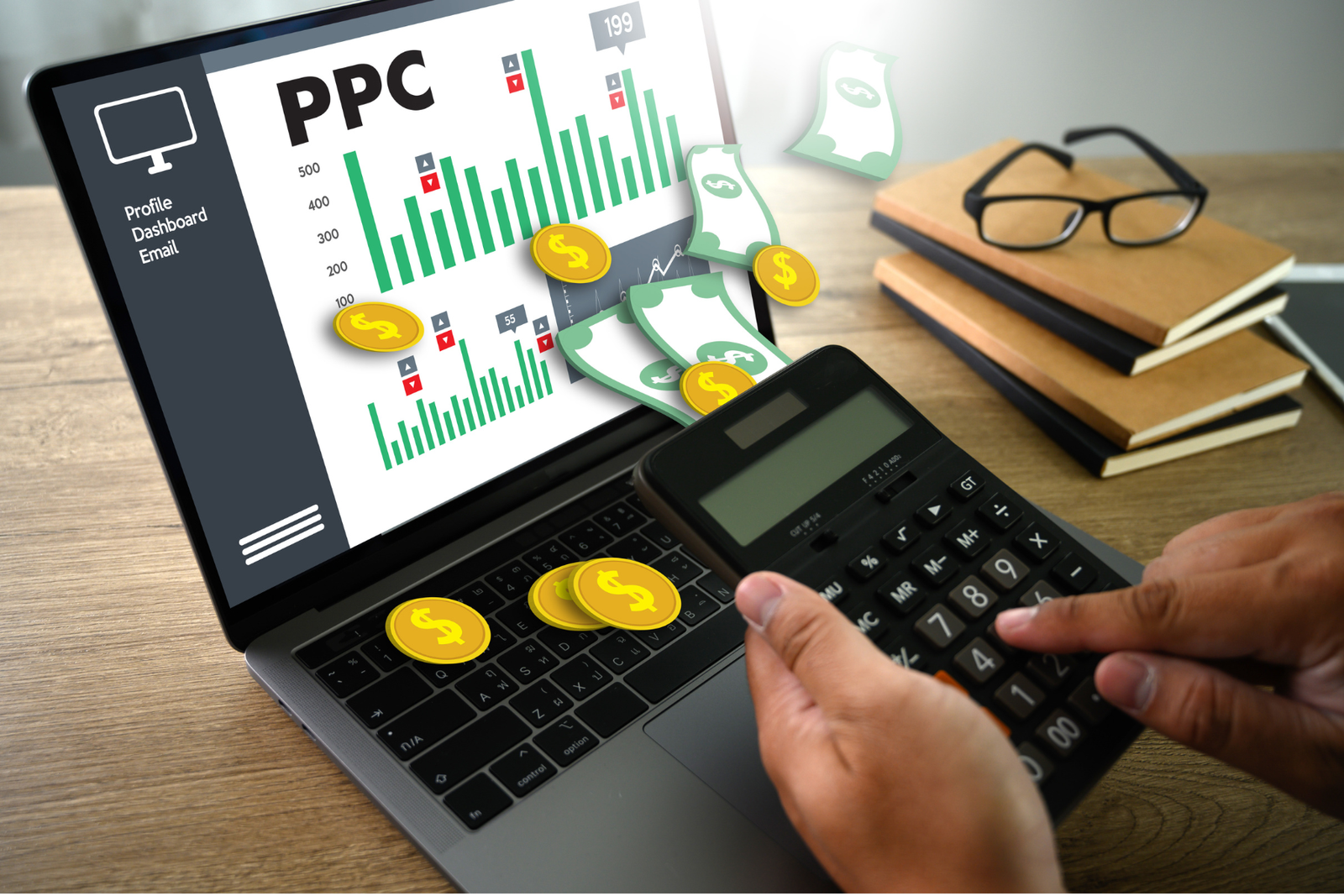
Image Title: The History of Pay-Per-Click Marketing PPC in Digital Marketing
History of PPC Advertising
Let's begin by taking a step back in time to understand how PPC advertising emerged and evolved. The roots of PPC can be traced back to the early 2000s, with the launch of Google AdWords, which has since been rebranded as Google Ads. It marked a paradigm shift by allowing advertisers to pay only when their ads were clicked, as opposed to paying for ad space.
Over the years, PPC advertising has evolved into a sophisticated model used across various online platforms. It has played a pivotal role in the exponential growth of online marketing and e-commerce, enabling businesses to effectively connect with their target audience at a reasonable cost.
How PPC Advertising Works
Advertisers and Keywords
At the heart of PPC advertising are advertisers who bid on specific keywords related to their products or services. These keywords act as the bridge between users' search queries and the ads they see. When a user initiates a search on a search engine, an ad auction begins, determining which ads will be displayed. Advertisers vie for ad positions by considering both their bids and the quality of their ads.
Ad Auctions
Ad auctions are the engine that drives PPC advertising. They take into account several factors, including bid amount, ad relevance, and expected click-through rate (CTR). These factors play a pivotal role in determining an ad's position on the search engine results page (SERP). High-quality ads are rewarded with prominent placements, leading to more clicks and conversions.
Quality Score
Quality Score is a critical metric in PPC advertising. It assesses the excellence and appropriateness of your keywords, advertisement content, and landing pages. A higher Quality Score not only reduces your cost per click but also enhances your ad's visibility.
Benefits of PPC Advertising
Immediate Results
One of the most compelling advantages of PPC advertising is its speed. Unlike the gradual results of organic search efforts, PPC can immediately drive traffic to your website. This feature is particularly advantageous for businesses launching new products or time-sensitive promotions.
Targeted Advertising
PPC offers a level of precision that is unmatched in traditional advertising. You can target specific demographics, locations, and even the devices your audience uses. This precision ensures that your ads reach the right people at the right time, increasing the likelihood of conversion.
Measurable ROI
PPC provides detailed insights and analytics. You can track your campaign's performance, measure return on investment (ROI), and make data-driven decisions to continuously optimize your ads. The ability to track and measure results in real time is a game-changer for marketers.
PPC Platforms
While there are numerous platforms for PPC advertising, two giants dominate the field: Google Ads and Bing Ads. Additionally, social media platforms like Facebook and Instagram also offer robust PPC advertising solutions. The selection of the platform is contingent on your specific target audience and marketing objectives.
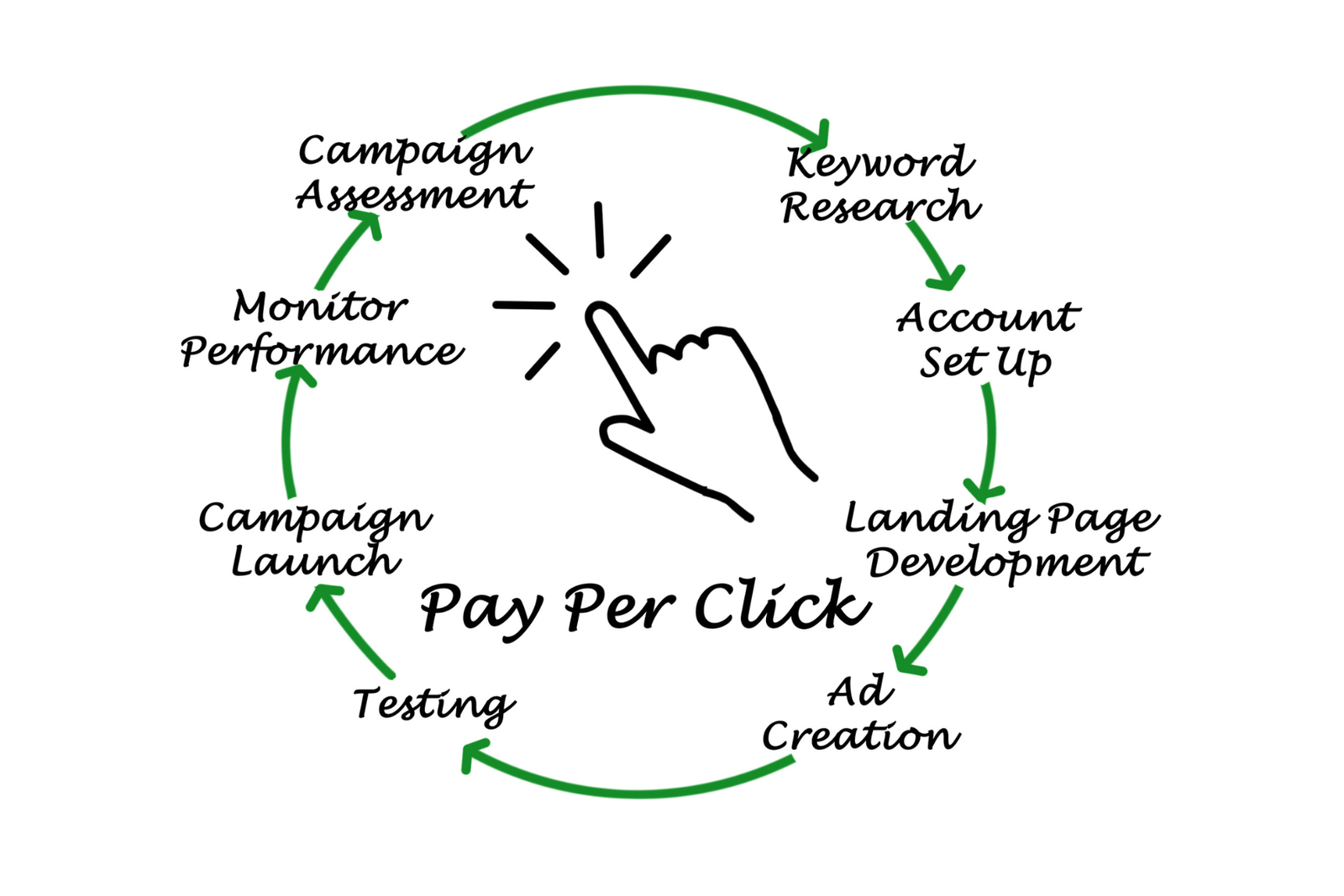
Image Title: Steps for a successful PPC Advertising Campaign
Creating an Effective PPC Campaign
To succeed in PPC advertising, you need a well-structured campaign. This involves the following key components:
Keyword Research
In-depth keyword research is vital. You must identify the right keywords that align with your business goals and user intent. There are various keyword research tools available that can assist in finding the most relevant keywords.
Ad Copy
Crafting compelling ad copy is an art. Your ad copy should entice users to click, highlighting your unique selling points and including a clear call to action. Writing ad copy that resonates with your audience is crucial for success.
Landing Page Optimization
An often underestimated but critical component of a PPC campaign is landing page optimization. The landing page must align with the ad and deliver a flawless user journey. An effectively optimized landing page has the potential to substantially boost your conversion rates.
Monitoring and Analytics
Conversion Tracking
To measure the success of your PPC campaign, it's essential to set up conversion tracking. This allows you to monitor the actions users take on your site after clicking an ad, providing insights into your campaign's effectiveness.
A/B Testing
Consistent enhancement is the cornerstone of achieving success in the realm of PPC advertising. A/B testing involves experimenting with different ad elements to refine your strategy. It allows you to determine what resonates most with your audience and optimize accordingly.
Common PPC Mistakes to Avoid
While PPC advertising can be highly effective, several common mistakes can hinder your success:
Neglecting Negative Keywords
Neglecting to exclude irrelevant keywords can lead to wasted ad spend. Regularly reviewing and refining your list of negative keywords is crucial to maintaining a cost-effective campaign.
Ignoring Mobile Optimization
In today's mobile-centric world, it's vital to ensure that your ads and landing pages are mobile-friendly. Neglecting mobile optimization can lead to missed opportunities and reduced user satisfaction.
Underestimating Quality Score
A Quality Score can harm your ad's visibility and increase your advertising costs. Concentrate on improving your Quality Score through continuous optimization of keywords, ad copy, and landing pages.
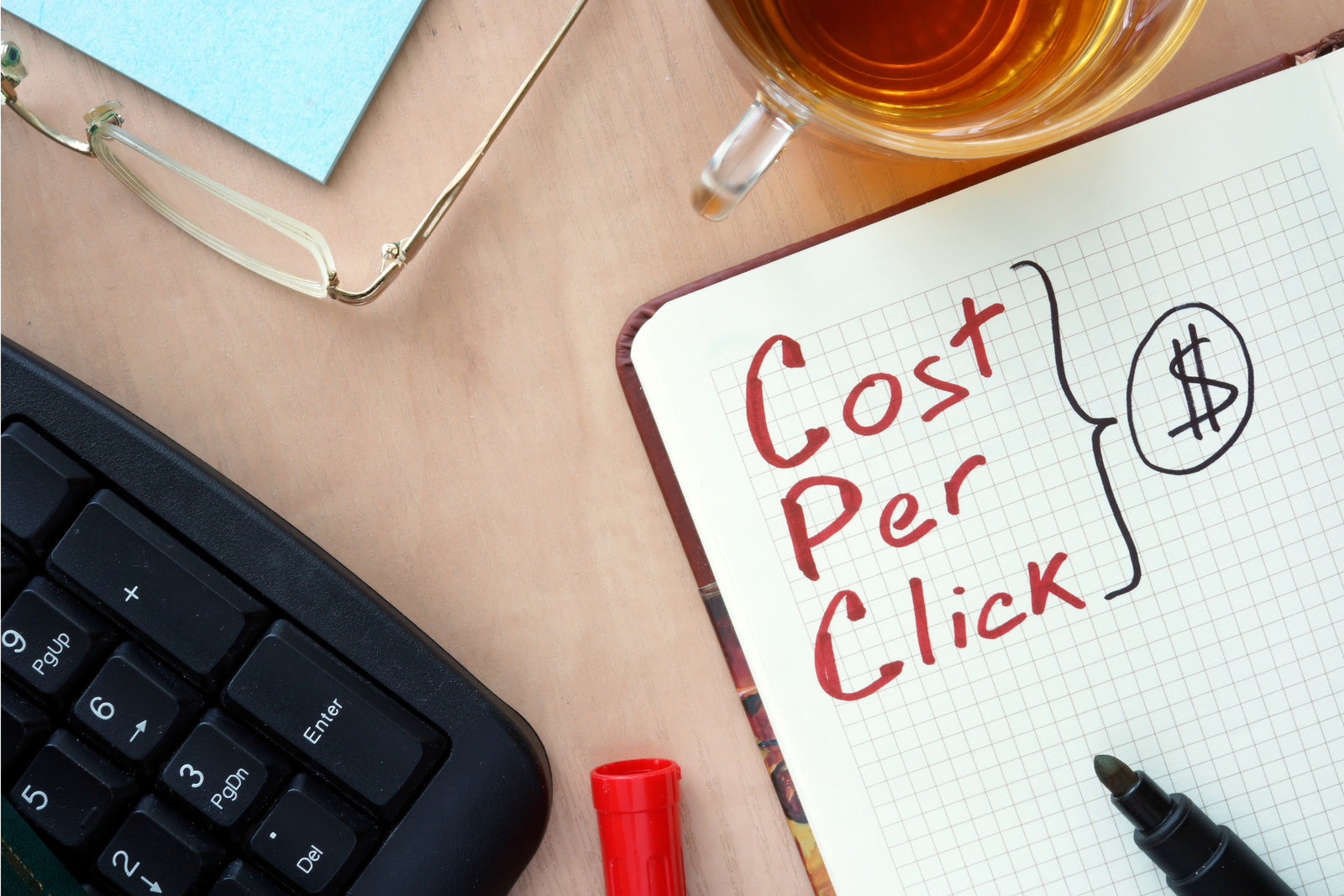
Image Title: PPC Advertising Cost
PPC Advertising Costs
Understanding the costs associated with PPC advertising is critical. This includes choosing the right bidding strategies and budgeting effectively to maximize your ROI. PPC offers flexibility, allowing you to start with a budget that suits your business and scale up as you see positive results.
The Future of PPC Advertising
As technology continues to advance, the future of PPC advertising holds exciting possibilities. We can anticipate more advanced targeting options, increased automation, and integration with emerging technologies such as voice search and artificial intelligence. Staying ahead of these developments will be essential for businesses to maintain their competitive edge in the digital marketing landscape.
Conclusion
In the ever-evolving world of digital marketing, PPC advertising remains a powerhouse. Its ability to deliver targeted, measurable, and immediate results makes it an invaluable tool for businesses of all sizes. By understanding the mechanics, benefits, and best practices of PPC advertising, you can harness its full potential to enhance your online presence and achieve your marketing goals.
FAQs
1. What is the main difference between PPC and traditional advertising methods?
PPC advertising differs from traditional methods like print or TV ads in that you only pay when a user clicks on your ad. It offers precise targeting and detailed analytics, which traditional advertising can't provide.
2. Is PPC advertising suitable for small businesses with a limited budget?
Indeed, PPC advertising can prove budget-friendly for small enterprises. You have control over your budget and can start with a modest investment. As you begin to witness outcomes, you have the opportunity to expand your efforts.
3. How do I choose the right keywords for my PPC campaign?
Keyword research is vital. Look for keywords that align with your business, have a decent search volume, and match user intent. Use keyword research tools to help you find the right ones.
4. Can I run PPC campaigns on multiple platforms simultaneously?
Yes, you can. Many businesses run PPC campaigns on Google Ads, Bing Ads, and social media platforms concurrently. Just ensure your ad content is tailored to each platform for maximum effectiveness.
5. What should I do if my PPC campaign isn't delivering the desired results?
If your PPC campaign isn't meeting your goals, consider adjusting your keywords, ad copy, or landing page. Regular monitoring and optimization are key to success in PPC advertising.


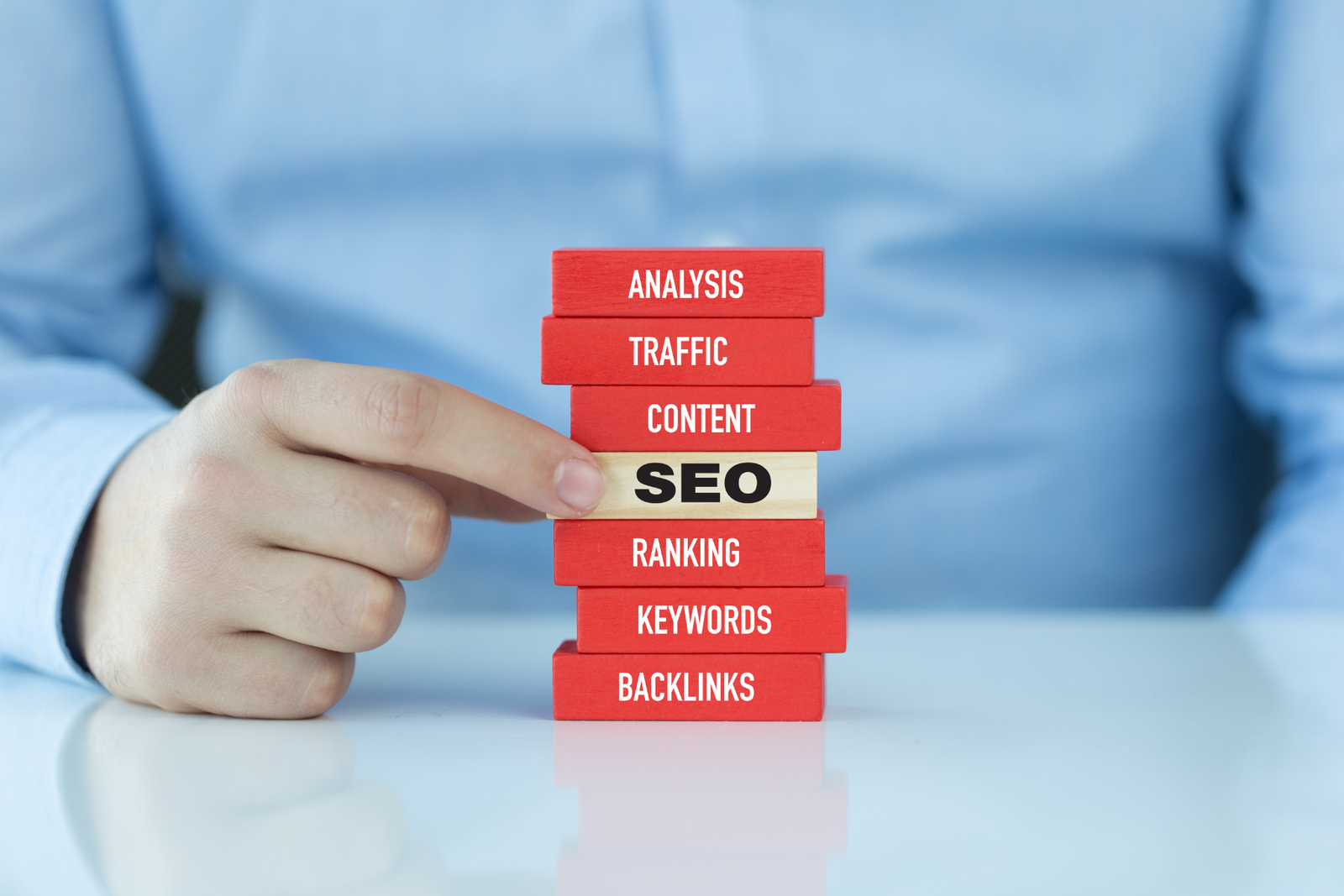

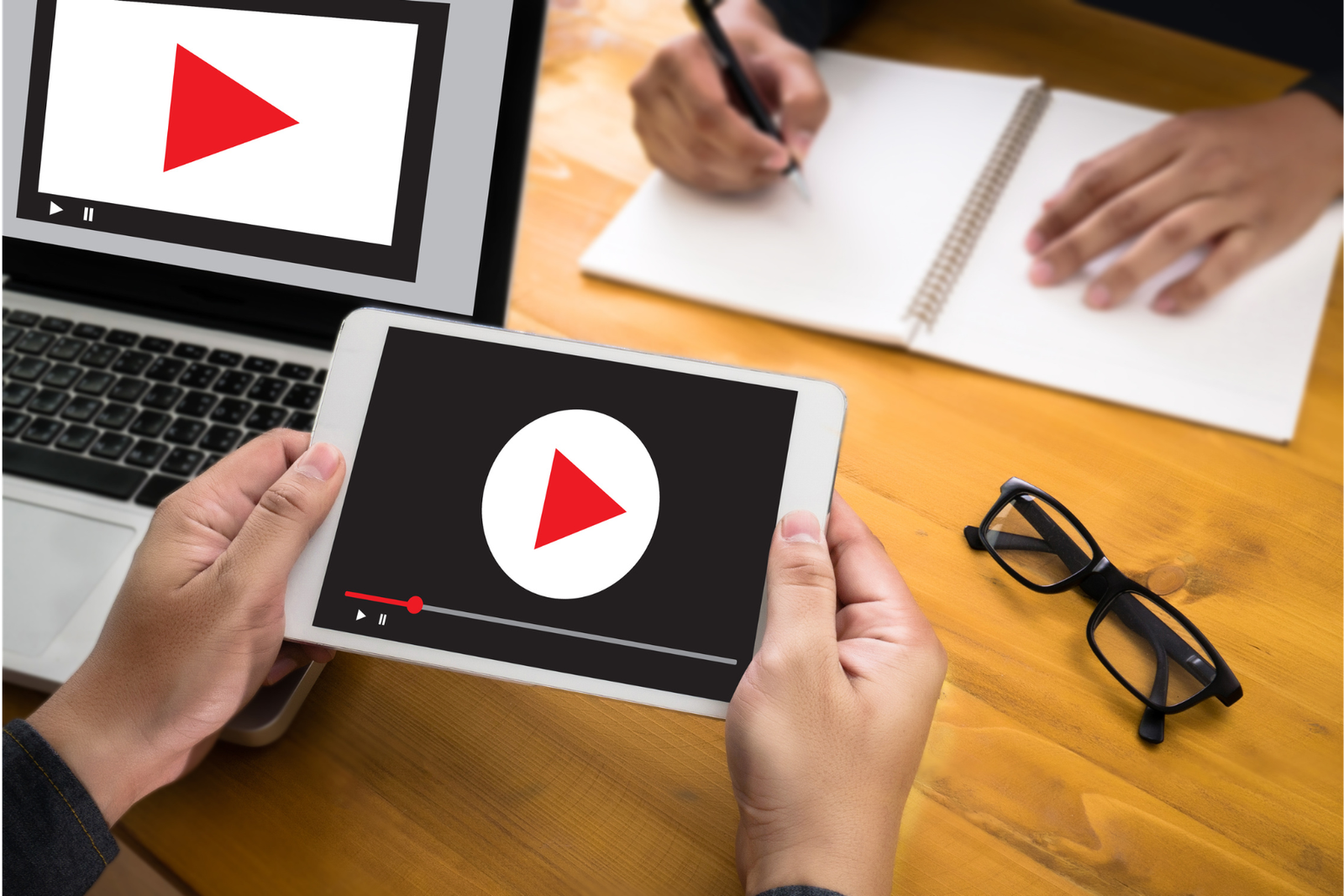




Connect With Us On Social Media
Facebook
Twitter
Instagram
Linkedin
Youtube